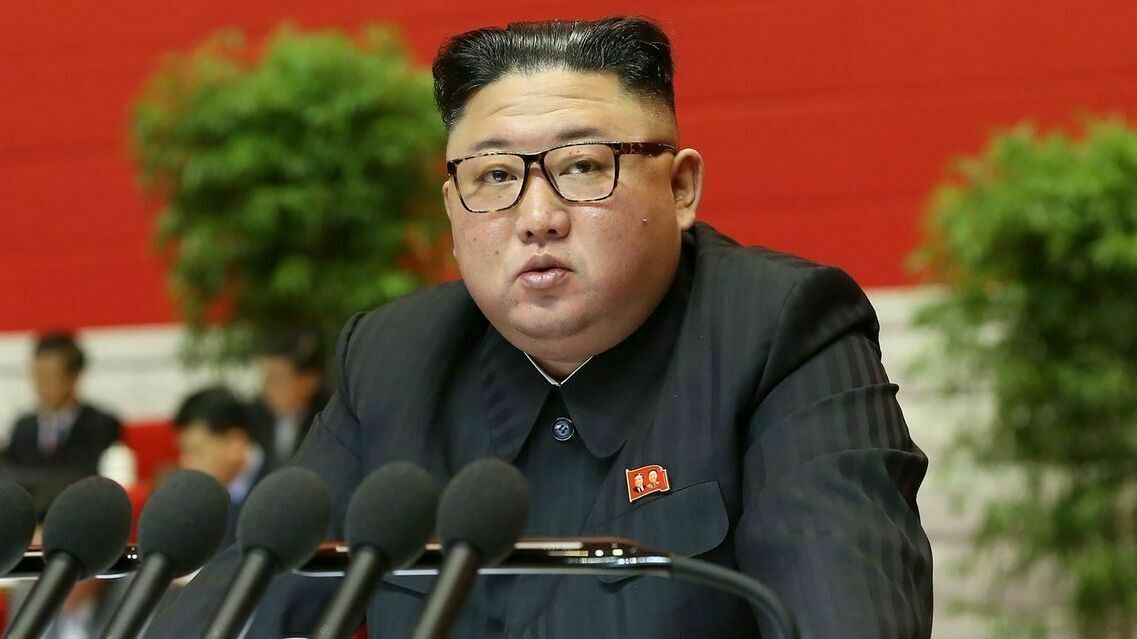Posted 27 февраля 2023, 11:03
Published 27 февраля 2023, 11:03
Modified 27 февраля 2023, 13:19
Updated 27 февраля 2023, 13:19

North Korea admitted: there are problems with food, but there is no hunger in the country
According to international experts cited by the Associated Press, food shortages in the DPRK occurred due to restrictions related to the pandemic and their own miscalculations in agriculture.
According to the government of neighboring South Korea, Al Jazeera writes, at a party conference in Pyongyang, the country's leader Kim Jong-un actually admitted that the food situation in the DPRK has worsened, moreover, it has "fallen below the minimum of human needs," but there is no hunger in the country.
Seoul claims that the current food shortage was caused by poor harvests in the DPRK against the background of extreme weather conditions and was aggravated by lockdowns and a sharp reduction in trade with China due to border closures during the COVID-19 pandemic.
North Korea is also under strict international sanctions in connection with banned nuclear and ballistic missile programs.
The KCNA news agency said on Monday that the party conference, which continues behind closed doors, is attended by the entire party and state leadership of the DPRK, including Prime Minister Kim Tok-hoon and Cho Yong-won, one of Kim Jong-un's closest aides, who deals with the organizational affairs of the Central Committee of the Workers' Party of Korea. The participants of the meeting should identify "urgent measures to strengthen agriculture that are emerging at the present stage". But what these measures are, we can only guess.
Last year, grain production in the country was estimated at 4.5 million tons, which is 3.8% less than in 2020. At the same time, North Korea needs about 5.5 million tons of grain to feed the country's 25 million population.
Previously, half of this gap was usually covered by unofficial grain supplies from China, and the rest remained an unresolved deficit. Nevertheless, Koreans have always been rescued by home stocks of sauerkraut kimchi and carrots, the harvesting of which traditionally ended in the fall throughout the country.
In addition, North Korea adheres to the old principle of Juche – "self-reliance". Even at the official level in Pyongyang, they say that Koreans do not need dependence on external assistance to cope with the food situation, "it's like taking poisoned sweets from strangers".